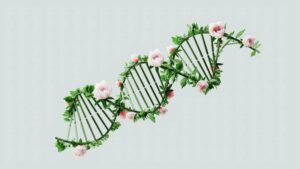Remember, ADHD doesn't define you; it's part of who you are. Embrace self-love, practice self-care, and embark on a lifelong journey to manage ADHD, making small, sustainable changes for a better, fulfilling life.

ADHD in Layman’s Terms
- Post author:rhondas1915
- Post published:April 13, 2023
- Post category:ADHD / Relevant Reads
Tags: ADHD, ADHD management, ADHD Research, ADHD Support, Cognitive-Behavioral Therapy, Lifestyle Changes, Mental Health, natural remedies, Self Care, self discovery



